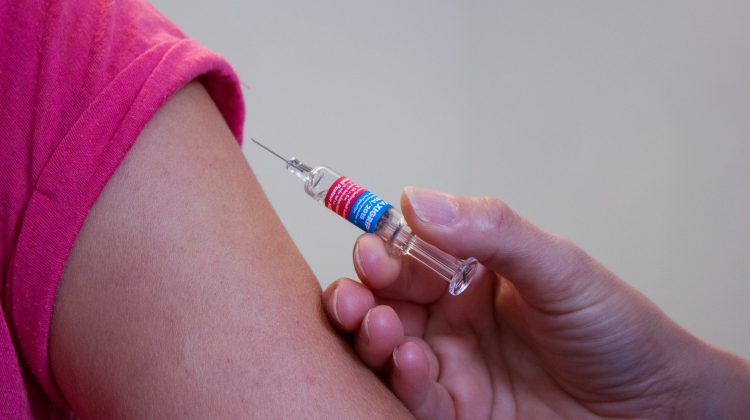The evidence is clear: Indigenous people are disproportionately impacted by COVID-19, with a higher risk of hospitalization and death due to transmission.
So says the First Nation Health Authority (FNHA) and other groups, as they look to address questions as to why Indigenous people are a higher priority for getting a vaccine in B.C.
As of March 17th, Provincial Laboratory Information Services data finds that First Nations people have tested positive for COVID-19 at a rate of 3,660 people per 100,000; that’s more than double the rate when compared to the provincial average.
“This and other compelling data is at the core of the need to quickly and efficiently deliver the COVID-19 vaccine to First Nations people both in-community, and urban and away from home settings, as quickly as possible,” the FNHA says.
It also finds the median age of hospitalization for First Nations with COVID-19 to be eleven years younger than the provincial median, with the median age of ICU admissions for First Nations being six years younger than the provincial median.
And, it says the median age of death for First Nations who died from the virus was 18 years younger for First Nations compared to the provincial median.
While the above data is specific to First Nations people, the FNHA says “given the prevalence of anti-Indigenous racism in the health care system and systemic barriers faced by Indigenous people, it’s reasonable to expect similar outcomes for all Indigenous people.”
“From the outset, the vaccine rollout to Indigenous people in B.C. was based on recommendations from Canada’s National Advisory Committee on Immunization,” says FNHA chief executive officer Richard Jock. “In considering potential at-risk groups, the advisory committee identified Indigenous people as high risk and therefore considered a high priority to receive an initial dose of the COVID-19 vaccine.”
The following factors formed some of the basis of the National Advisory Committee on Immunization recommendations:
- Racialized and marginalized populations in Canada have been disproportionately affected by COVID-19.
- Systemic barriers to supportive care for COVID-19 also exist in urban settings due to factors such as poverty, systemic racism and homelessness.
- The risk of transmission is especially high in remote or isolated First Nations communities where physical distancing and other infection prevention and control measures are challenging.
- Adults living in First Nations, Métis, and Inuit communities, where access to health care may be limited and infection can have disproportionate consequences, should be prioritized to receive initial doses of the COVID-19 vaccine.
Proof of anti-Indigenous racism within the provincial health care system has been well documented and cannot be ignored, the FNHA says.
“Indigenous-specific racism can lead to hesitancy in seeking care, negative experiences at the point of care, inequitable medical treatment, physical harm and even death for BC’s First Nations, Métis, and Inuit people,” it adds.
British Columbia Association of Aboriginal Friendship Centres executive director Leslie Varley says: “We know that many Indigenous people do not feel safe accessing health services due to experiences with anti-Indigenous racism.”
With this said, she finds it crucial the Ministry of Health communicates why Indigenous people have been identified as a high priority for the vaccination, to build a shared understanding and support for one another throughout the immunization process.




